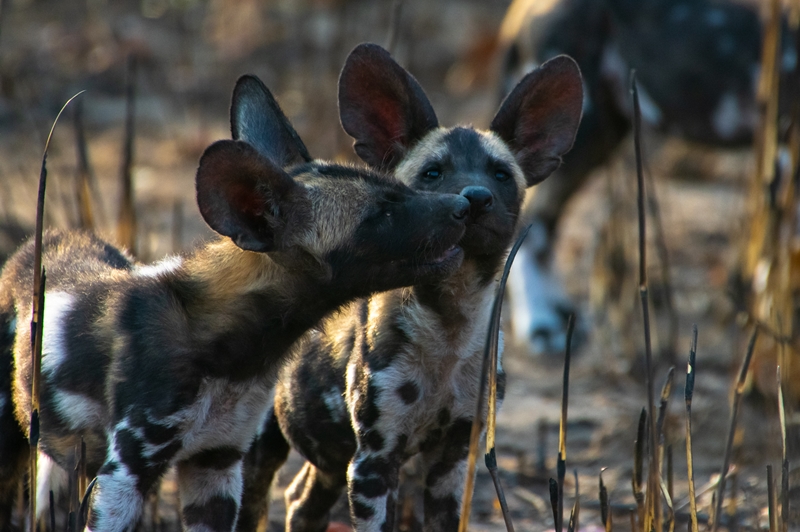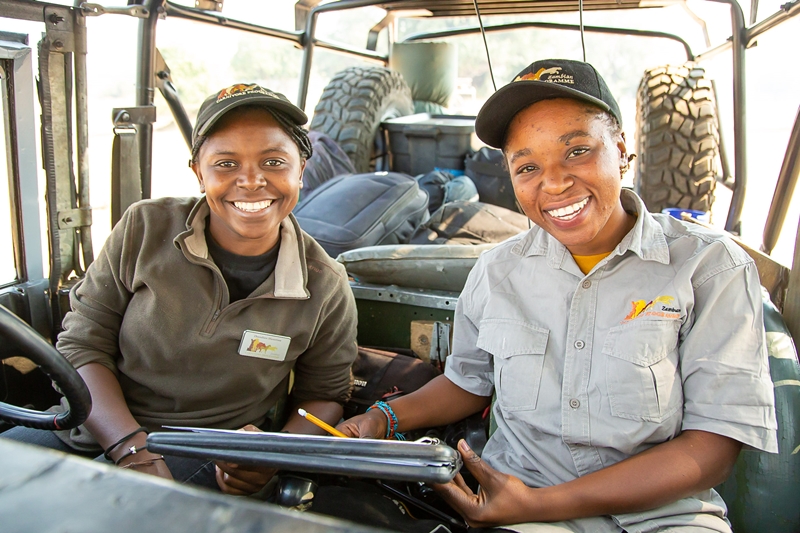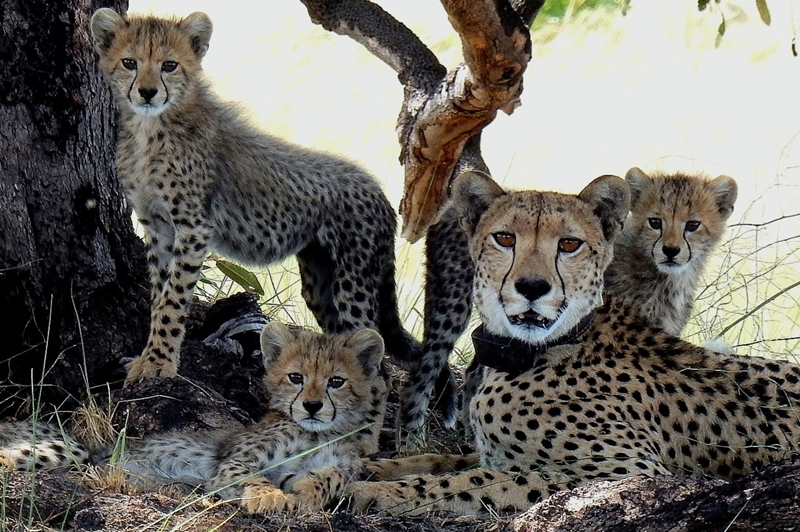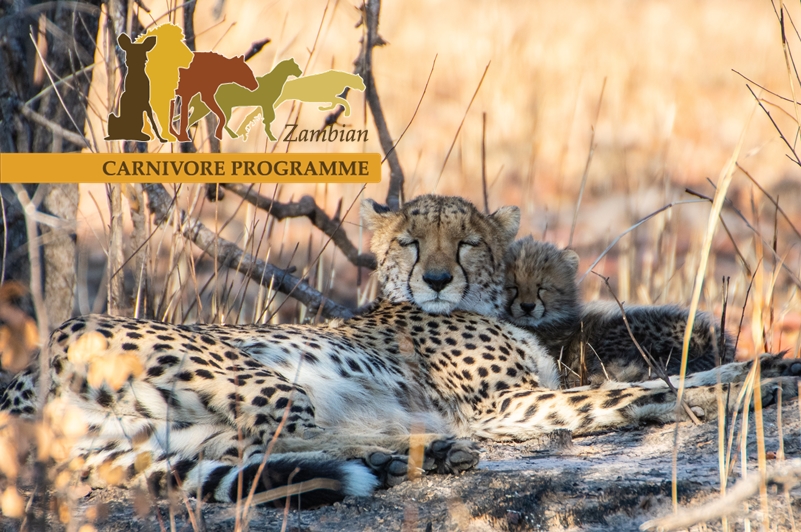
Project: Supporting core field operations for cheetah and African wild dog conservation across three ecosystems in Zambia.
2022 Project Partner: Zambian Carnivore Programme (ZCP)
Zambian Carnivore Programme conserves large carnivores and the ecosystems they reside in through science, action and local leadership.
Find out more about Zambian Carnivore Programme (ZCP). Set up a Fundraising Page.
About Zambian Carnivore Programme (ZCP)
The Zambian Carnivore Programme runs some of Africa’s longest-running field-based projects in the Luangwa Valley, the Greater Liuwa Ecosystem, and the Greater Kafue Ecosystem in Zambia.
Working closely with the Department of National Parks and Wildlife (DNPW), as well as over 20 local and international NGOs and academic institutions ZCP covers 34,500 km2 including 7 national parks, 7 Game Management Areas and 5 ecosystems.
Carnivores need space, and lots of it; protecting them protects an array of other species in an ecosystem. Carnivores are also very sensitive to human impacts and are often some of the first to disappear from an ecosystem. Being very charismatic, their presence helps to generate public interest and support for conservation, particularly through ecotourism.
ZCP employs an integrated research approach to tackle the ecological and human impact on carnivores and ecosystems. Work ranges from anti-snaring, anti-trafficking and human-wildlife conflict mitigation, to land-use planning, large landscape conservation, and species restoration.
In addition ZCP support Zambian students in educational and training programmes. The 57-person team is 85% Zambian, with majority female management.
ZCP Study Areas
ZCP focus their work in three main ecosystems: the Luangwa Valley, Greater Kafue Ecosystem and Greater Liuwa Ecosystem. All of these areas consist of a matrix of national parks and Game Management Areas (GMAs), which collectively comprise the majority of Zambia’s large carnivore populations and are part of three Transfrontier Conservation Areas (TFCAs).
ZCP also works with partners in the recovering Kabompo and Nsumbu Ecosystems. The Luangwa Valley currently contains the country’s largest carnivore populations; Greater Kafue contains Zambia’s second largest carnivore populations and its largest cheetah population as well as an incredible diversity of ungulates; and Greater Liuwa contains recovering populations of all carnivores and important populations of cheetah and wild dog as well as Africa’s second-largest wildebeest migration.
Cheetah and Wild Dog Work in Zambia
Zambia is one of the last strongholds for cheetah and wild dog, yet these naturally low-density and wide-ranging species are threatened by an array of human impacts.
One of Africa’s most endangered carnivores the wild dog has been eliminated from most countries it once occurred in and Zambia is one of six countries with viable populations of this species, with the largest populations centered in the Greater Kafue and Luangwa valley ecosystems. The most social of the dog family, wild dogs are a unique genus and live in tightly knit social groups as packs, communally rearing their young and defending territories.
Another threatened species, the world’s fastest land mammal resides in the Greater Kafue and Liuwa Plain study areas, though once was also found in the Luangwa and could eventually be recovered. Cheetah can range over thousands of kilometers in Zambia, making them and wild dogs the largest ranging species.
Look out for Cheetah 180 (Kali ‘the Queen’) who is the focus of an episode of Dynasties II, narrated by Sir David Attenborough. The series of four episodes airs on the BBC on consecutive Sundays in the UK from 20 March 2022. Kali was born in June 2011 and is the oldest known female cheetah in Liuwa and has played a fundamental part in the recovery of Liuwa’s cheetah population, raising five cheetah cubs successfully over more than a decade. She is one of the cheetah monitored by ZCP.
Threats
The illegal bushmeat trade heavily impacts carnivores through depleting their prey and lowering the carrying capacity (the population that can sustainably live in the given ecosystem). Where bushmeat poaching is prevalent, wire snares are used as they are inexpensive and easy to obtain, set, and conceal, in addition to being very effective. Due to their non-selective nature, however, snares can inflict significant injuries and mortality on a variety of species and remain one of the biggest threats to cheetah and wild dog. Snaring occurs throughout the study systems, though appears particularly pronounced in the Luangwa and Kafue ecosystems.
In addition to accidental snaring and competition for prey species, the continued loss of habitat and habitat fragmentation/changing land use, as well as conflict with humans over livestock pose a significant threat to the survival of both cheetah and wild dog. The pet trade is also a threat to cheetah.
Field-Based Conservation
Fundamental to effective conservation is accurate and current information which can help to guide actions and science-based management decisions.
Research and monitoring programmes are of paramount importance. Identifying, describing and evaluating dynamics, limiting factors and threats to species and ecosystems entails variable scientific investigations, ranging from population dynamics, genetics, and disease, to predator-prey dynamics, behavioral and landscape ecology.
This work requires a year-round field presence, with teams logging over 4,000 person days in the field and intensively monitors over 400 individuals from both species. In addition, ZCP works with partners across the country to provide directed anti-snaring patrols in areas of high risk for these species. While these threats continue to increase, particularly in the face of the COVID-19 pandemic, this collaborative work continues to see positive results for cheetah and wild dogs.
Work entails intensive studies of radio-collared packs and coalitions as well as broader landscape level evaluations of presence, abundance and distribution.
Visit Zambia through our expert responsible travel network>>>
Images: Zambia Carnivore Programme – with kind permission of Anna Kusler, Edward Selfe and Daan Smit
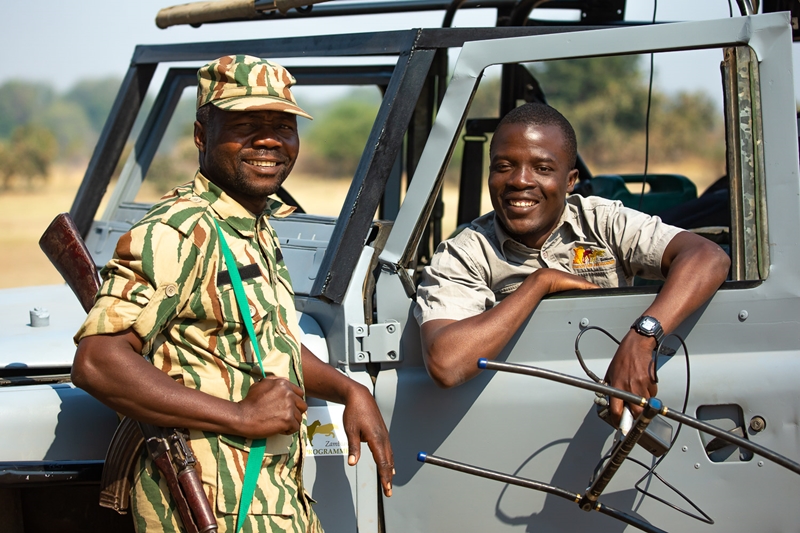
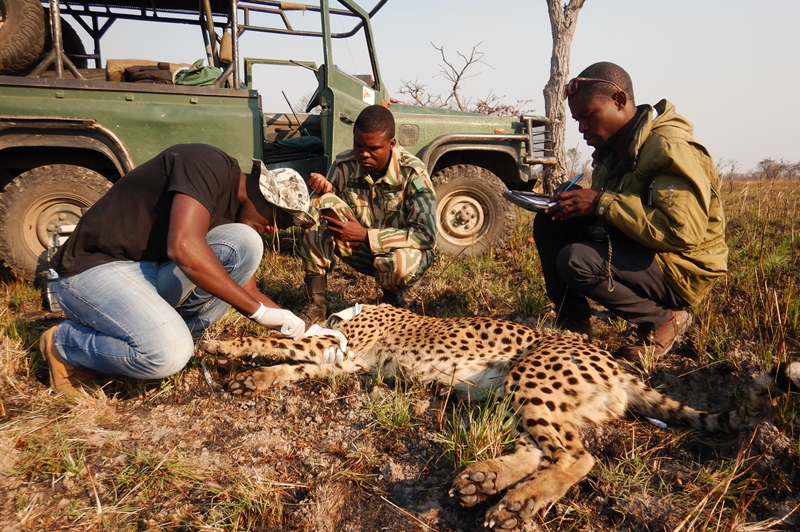
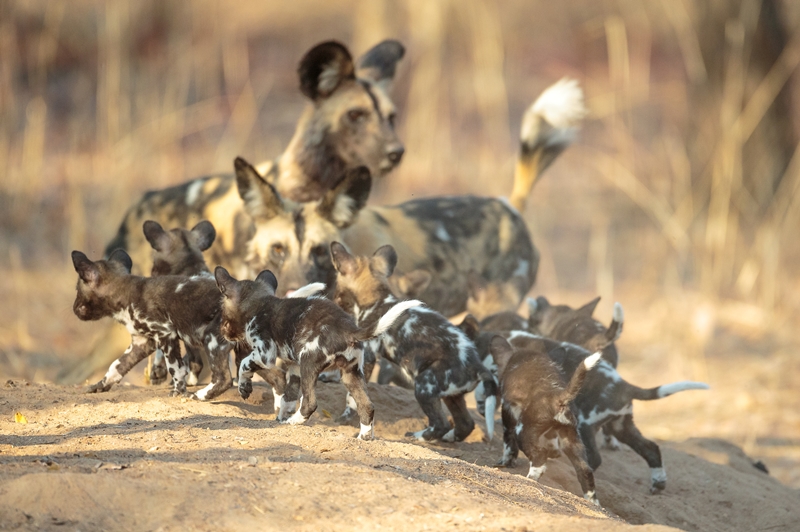
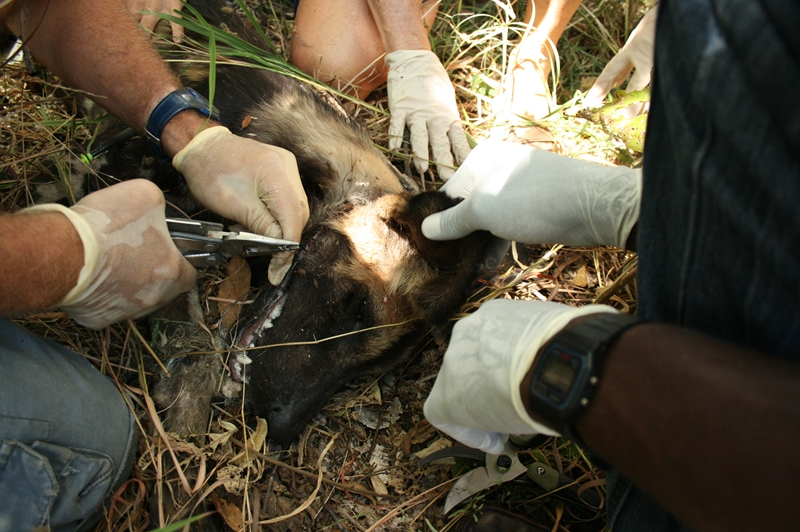
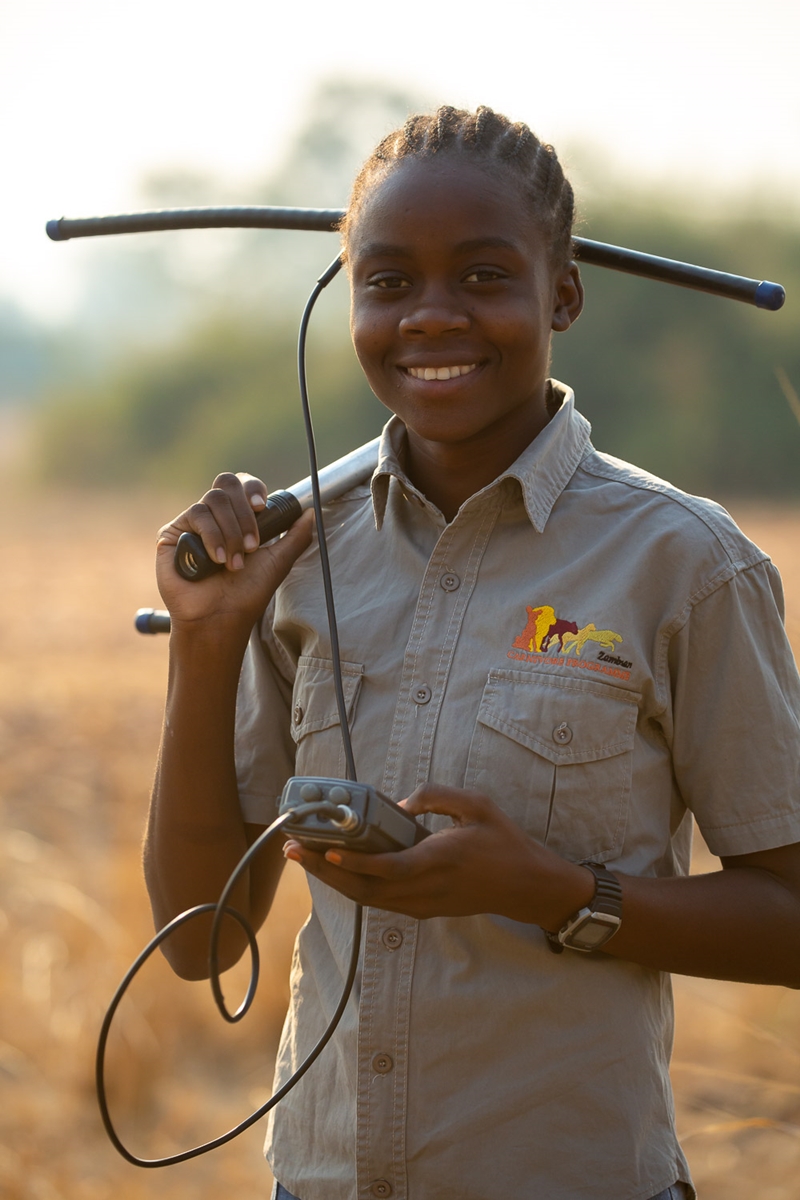
All funds raised during 2022 will contribute to the 2022 Project Fund so please do sign up for a sponsored challenge, support our creative initiatives, or make a donation if you are able to. Every Pound makes a difference. Thank you.
